In Case You Thought Latin
Was Dead…
How has a presumably dead language become such a disruptor? Because Latin certainly seems to be just that. It’s one of the most frequently taught languages in American schools. It’s a language that few speak and yet can help people think. And it’s been shown to be effective in strengthening English literacy. Who knew?
In this episode, you’ll meet two Latinists who make their living by teaching the language, and one who makes his living by allowing Latin to teach him. Quotations in these episode notes are in addition to what you’ll hear in the podcast.
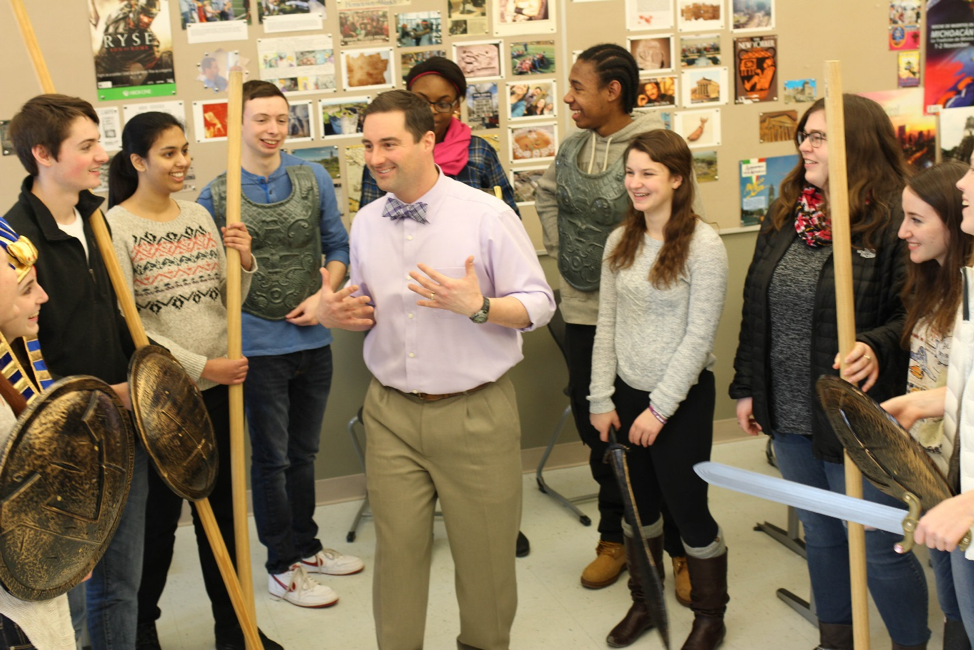
Edward Zarrow, known for his ebullience and bow ties, consults with his Roman warriors—aka the Latin students he teaches at Westwood High School in Massachusetts.
Edward Zarrow is teaching Latin to his high school students in Massachusetts in ways that go well beyond the traditional methods of decades past. He knows that first-time Latin learners are going to make mistakes—and he lets them.
“I don’t want to stand in their way of being better risk-takers, and if I correct them, and if I’m telling them that they’re getting it wrong, that’s going to inhibit their ability to grow.”

Tom Morris is the brains behind the book Philosophy for Dummies.
Tom Morris is a philosopher with a gift for taking lofty thoughts and applying them to the life challenges most of us face. He frequently presents to corporations…and he’s also been a guest at Comic-con. Latin (and Greek) are two of his major go-to’s for deep thinking.
“When I’m studying a concept—success or happiness or virtue—if I can know some of the background of how people have thought about this before, it’s really helpful. When you view the concept of excellence, or the concept of virtue, through this history of Greek into Latin into English, you see a clustering of concepts. Maybe they saw something really important about relationships between ethics and excellence and power.”

Jason Pedicone (in cap) takes his students to Rome and other places of antiquity to better experience the language.
Jason Pedicone heads up the Paedeia Institute, part of whose mission is “to inspire students to form close personal relationships with the classics through extraordinary learning experiences.” Equally extraordinary is how Paedeia is using Latin to raise English literacy levels in schools.
“The truly passionate Latinists don’t do it for usefulness, of course; they do it because they love it, because it enriches their lives. But there’s a tremendous utility in learning the language. Understanding English is improved tremendously by knowing Latin.”
We also spoke with Sherwin Little, the executive director of the American Classical League who was a Latin teacher for 30 years. The ACL is the creator of the National Latin Exam. Although these exams are not part of official school curricula, they’re popular with teachers because, as Sherwin says, they validate for students the progress they’ve made in learning the language.
The exam is one of the ways students can demonstrate their biliteracy. This is especially helpful for schools that participate in the Seal of Biliteracy program that we reported on in an earlier episode, and which is gaining traction among states.
Sherwin echoes Edward Zarrow’s approach to teaching Latin today:
“We’re trying to make sure our classes matter to contemporary students.”
Now hear them in the podcast
Listen on iTunes by clicking here: America the Bilingual by Steve Leveen on iTunes, or on SoundCloud here.

Our money’s on Latin
Or more correctly—Latin is on our money here in the United States. Can you spot all three places where Latin appears on the reverse of the one-dollar bill?
- Above the pyramid: Annuit Coeptis. Annuo means to favor or smile upon. Coeptis means endeavors or undertakings. “Providence favors our undertakings” is one translation.
- Beneath the pyramid: Novus ordo seclorum, or “New world order.”
- Above the wings of the eagle: E pluribus unum. Hear what Tom Morris has to say about this one.
Have we enticed you to consider (or reconsider) Latin? Some ideas if so:
- Keep Jason’s Paideia Institute on your radar. Paideia is coming out with Paideia Living Latin, a multimedia-content textbook, which will be available on its website in the coming months.
- Paideia also offers online classes for introductory Latin in addition to the immersion courses in Europe.
- And do pay Ann Patty’s website a visit. She is the author of Living with a Dead Language: My Romance with Latin. She relays how, after she concluded her career as a book editor and publisher, Latin plopped onto her bucket list. Ann is 60 years old/young/strong as of this writing—proof that when it comes to language learning, there’s always time to carpe diem.
Sources and Credits:
The America the Bilingual podcast is part of the Lead with Languages campaign of ACTFL — The American Council on the Teaching of Foreign Languages.
This episode was written by Mim Harrison, America the Bilingual editorial and brand director, and produced by Fernando Hernández (who also does our sound design and mixing). Check out our full team, including creative director Carlos Plaza, associate producer Beckie Rankin, and bark-lingual mutt Chet, and discover their favorite bilingual moments.
Music in this episode was with a Creative Commons Attribution Share Alike License. Our thanks to Epidemic Sound for helping us make beautiful music together on this episode.
We invite you to sign up at America the Bilingual for more reporting on the bilingual movement in America, and to talk with us on Facebook. We’ll let you know about future episodes on Twitter.

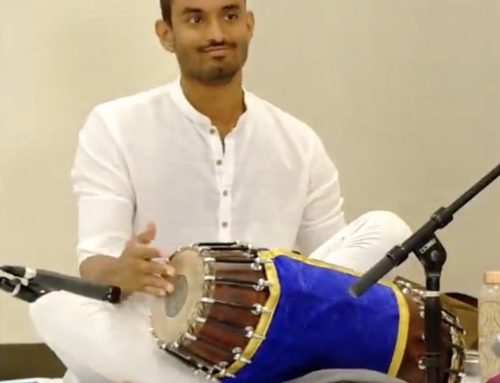

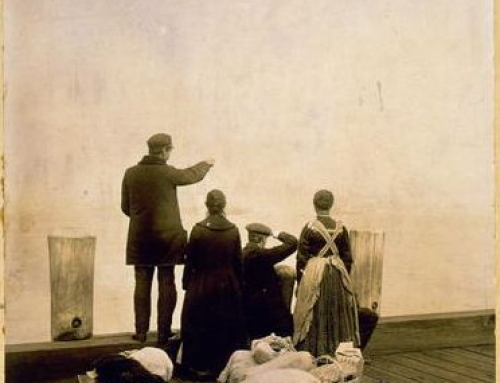
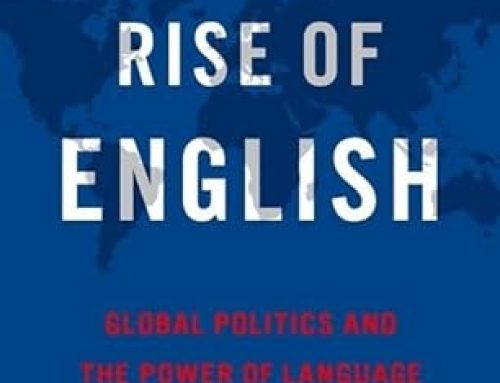
 You can book Steve for many different audiences
You can book Steve for many different audiences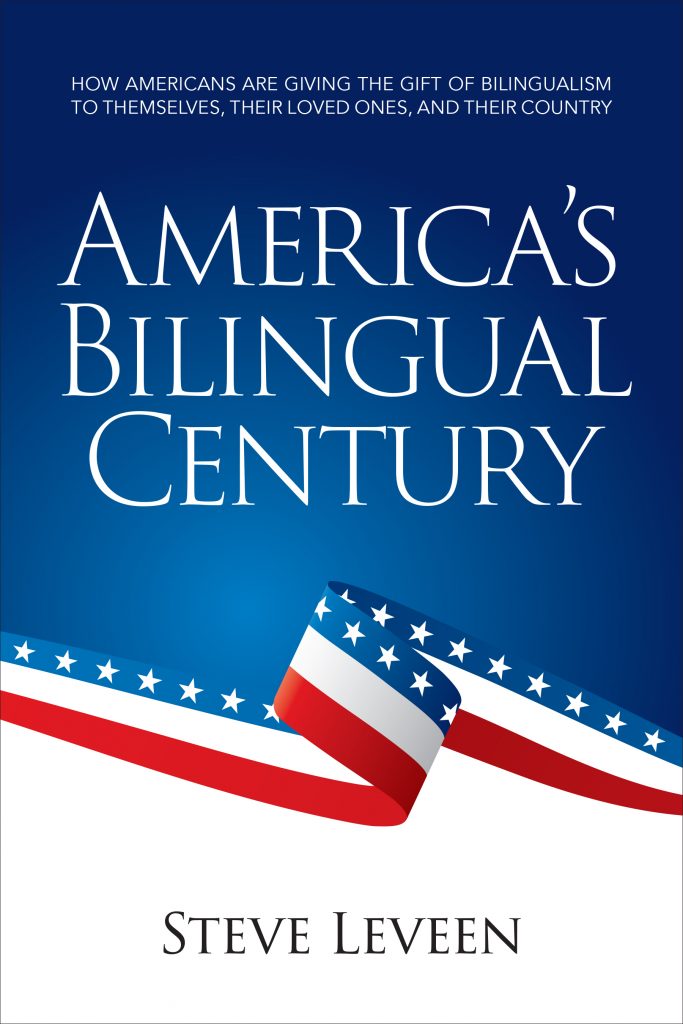

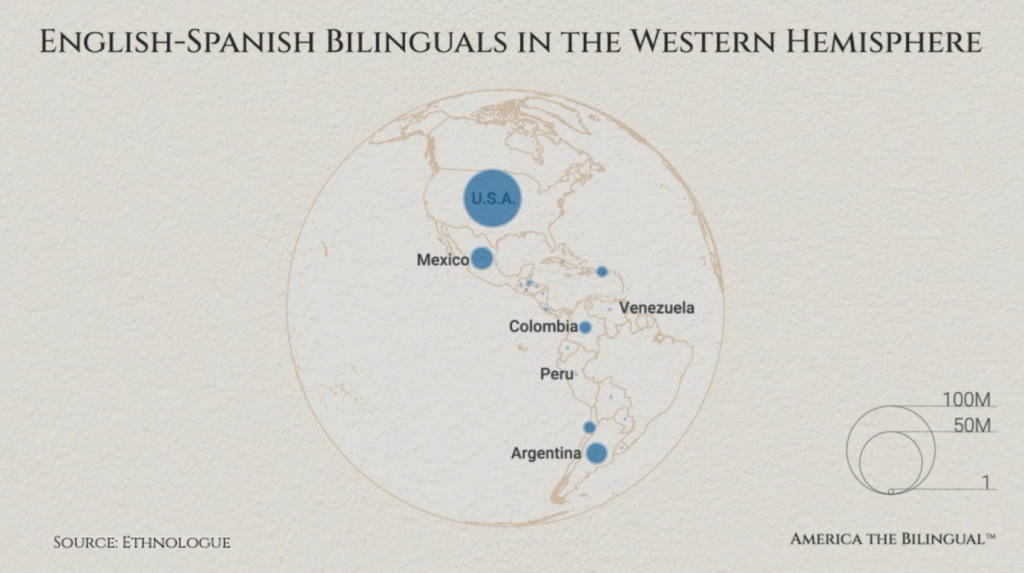
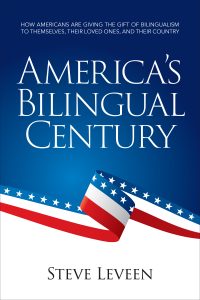

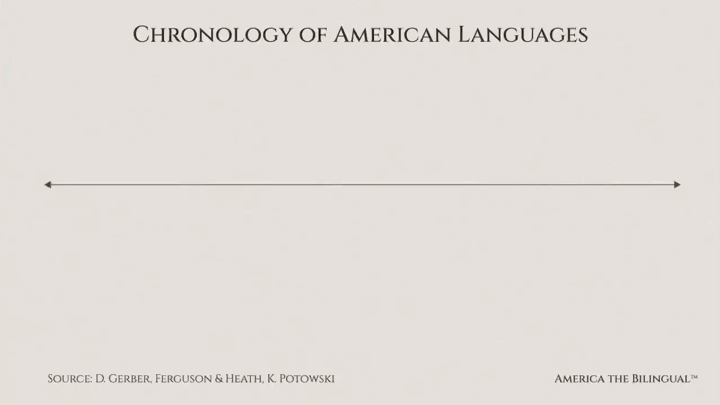


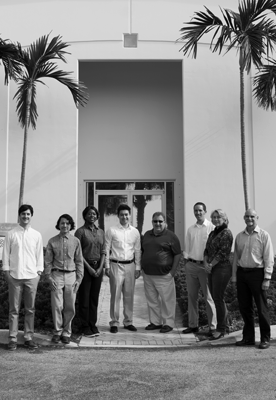
 First, know that she has one of those glorious English accents (or what all of us who are not English would call an accent), which makes her a natural for the audio book narration that she does. Although U.S. born, Caroline grew up in England and studied literature at the University of Warwick (fyi for American ears: that second “w” is silent).
First, know that she has one of those glorious English accents (or what all of us who are not English would call an accent), which makes her a natural for the audio book narration that she does. Although U.S. born, Caroline grew up in England and studied literature at the University of Warwick (fyi for American ears: that second “w” is silent).




Leave A Comment